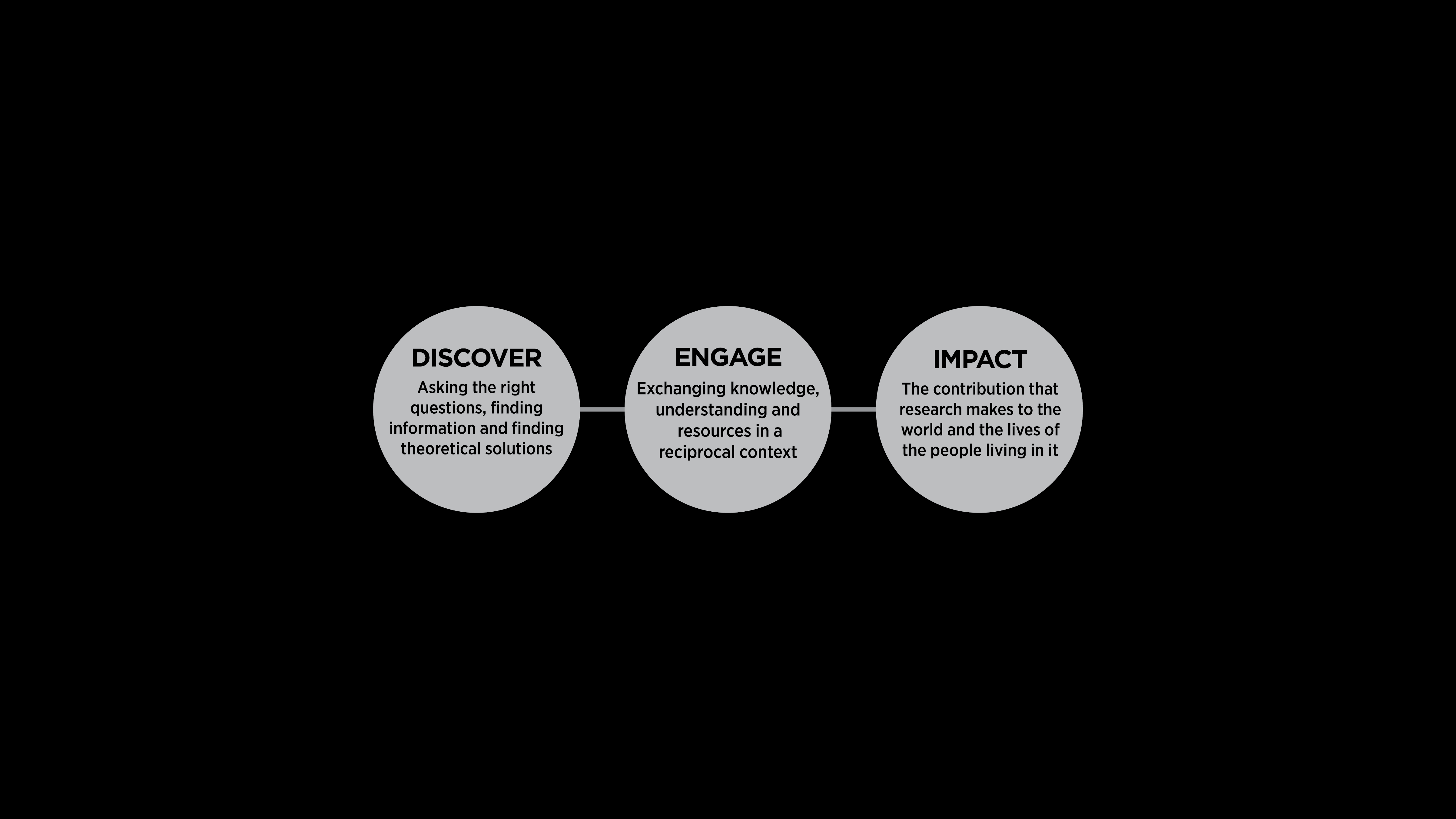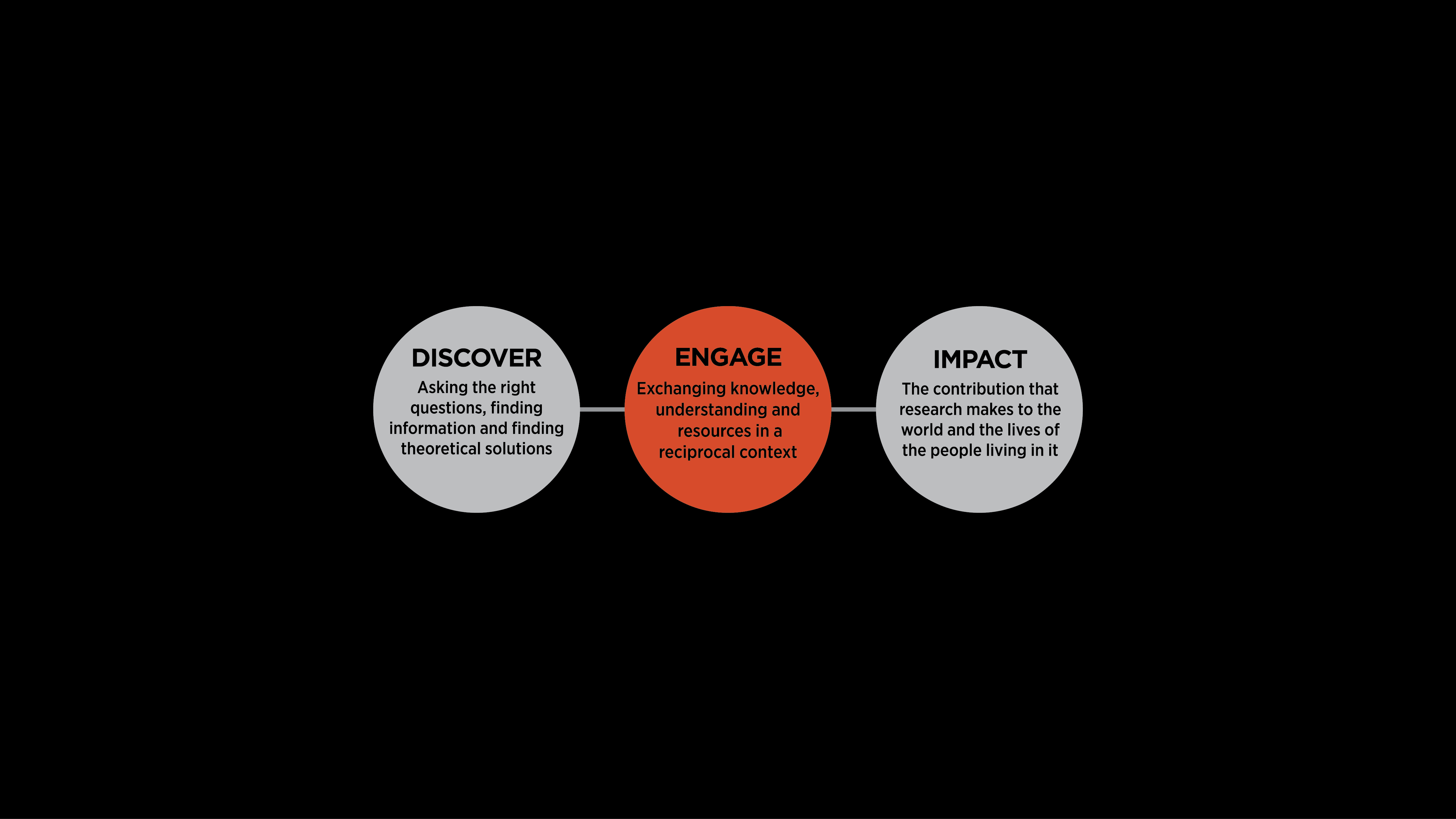In his lifetime, Emeritus Professor Jake Najman has seen the public’s appetite for drugs switch from LSD, to cannabis, heroin, ecstasy, cocaine, ice and now increasingly to complex synthetic highs.
While alcohol has remained the most substantial health problem, the otherwise fluctuating landscape has ensured the Brisbane-based researcher has remained as challenged and intrigued as ever as he seeks ways to address the physical and mental health of the community. Yet as he recalls his first foray into studying sociology at the University of New South Wales in the 1960s, it becomes clear the more the boundaries have shifted, the more his underlying cause has been fortified.
“At the time (of enrolling in university) there appeared to be an opportunity to participate in changing the world,” he says.
“It was during the Vietnam War and the pressure for social change was immense. The prospect of ‘doing good’ on a national and global scale was highly motivating.”
In 1973 Emeritus Professor Najman accepted a joint appointment at UQ’s Department of Social and Preventative Medicine – later becoming the School of Public Health – and the now School of Social Science.
Such is the breadth of research he conducted during his 43 years at UQ, Professor Najman has been cited almost 15,000 times from the more than 500 papers he has published. His research has attracted more than $20 million from more than 80 grants, and there is seemingly no sign of the need for his expertise diminishing.
As director of the UQ-based Queensland Alcohol and Drug Research and Education Centre, Emeritus Professor Najman has also been called upon to provide public commentary on several high-profile drug-related deaths in recent years.
“In 2015 a total of 75 new synthetic drugs came onto the market,” Emeritus Professor Najman told ABC News earlier this year.
“Their impacts on the human body are largely unknown and potentially risky.”
In October 2016 a new-wave synthetic drug hospitalised 16 people on the Gold Coast, including a 27-year-old Australian Rules footballer who had his life support turned off after a week of being unresponsive. Users were said to have been hallucinating wildly, running into oncoming traffic and experiencing seizures. The drug was later identified as 251-NBOMe, also known as ‘N-Bomb’, the same drug that claimed a 25-year-old Australian backpacker in Brazil shortly before the 2016 Rio Olympics.
At the time the Professor moved to highlight how drug manufacturers were circumventing the law and, in the process, providing greater and greater challenges to medical practitioners.
“As soon as anything they’ve produced is clearly seen as illegal, they will produce something else,” he says.
“There’ll be a new one next week, another the week after, and another the week after that.”
Similar sentiments were repeated after a New Year’s Eve rave party at Mount Lindesay on the Queensland-New South Wales border, when an unknown drug led to a 26-year-old man dying. The same event saw two other men taken to hospital with cardiac complaints believed to be related to the same drug.
While there’s little doubt of the dangers inherent in digesting unidentified substances, Emeritus Professor Najman has not moved to be alarmist about their impact. Indeed, he has objectively noted there have been surprisingly few deaths at the hands of unknown chemical cocktails compared to the impact of the regulated alcohol industry.
In 2008 he even told Fairfax Media that he considered taking ecstasy a “lesser evil” to binge drinking.
“When young people switch from a substantial amount of alcohol to a small amount of ecstasy…I don’t think that’s a bad trade at all,” the Professor said.
“It is not likely that one pill on a Saturday night poses the same dangers as frequent binge drinking.”
Emeritus Professor Najman described ecstasy as “cheaper and safer” than alcohol, and led to fewer violent outbursts and psychotic episodes than other substances.
A message of educated moderation is his mantra to drug and alcohol use, as opposed to politicking for stringent abstinence across the board.
Despite also being chairman of the Queensland Coalition for Action on Alcohol, and being fully aware that as many as 4500 people die each year as a consequence of drinking alcohol, he says it is pointless to call for a blanket ban on the ‘demon drink’. Aside from the fact that more than 80 per cent of Australians drink alcohol and have a positive impression of the pastime, there are some demonstrated health benefits.
“Analysis combining various alcohol studies (over one million people) found that people who drank about one drink a day had an 18 per cent reduced risk of death, compared to those who didn’t consume alcohol,” Emeritus Professor Najman wrote for The Conversation.
“The benefits of low levels of consumption are primarily evident for cardiovascular disease. To advocate that abstinence is a healthier option potentially exposes a large number of Australians to an increased risk of death.
“There’s no doubt that present levels of alcohol consumption are too high and too many young people are binge drinking. These issues need to be addressed, but an abstinence message is neither accurate, appropriate nor realistic.”
His ability to reach a balanced viewpoint, while being forthright and honest, has enhanced his integrity in the eyes of not only governments and health authorities, but also the general public he seeks to protect. Generally, when a new ‘craze’ hits the market, he is one of the first experts called upon to give an opinion. It was that way when Brisbane saw its first alcoholic vapour bar, and when the possibility of copycat nitrous oxide (dubbed ‘hippy crack’) use was being assessed.
More immediately threatening, Emeritus Professor Najman has also addressed the widespread and serious elevations in prescription medication and methamphetamine usage witnessed around the state and nation. He says a substantial increase in prescribed opioids and painkillers for older people has created a surging problem in overdoses for those dealing with health issues such as cancer and back pain.
But aside from alcohol, it is the rejuvenated wave of meth usage that presents society with its most contemporary of challenges. After being involved in one of the first reports into its use on the Gold Coast in 2004, Emeritus Professor Najman describes Australia as being affected by a resurgence of highly potent methamphetamine. Current government policies, he argues, are failing the community.
“It’s an endless battle against drugs,” he says.
“Drugs are here, and drugs are here to stay. It varies from year to year, but it’s not going away, and there’s no evidence that it’s going to go away.”
While Emeritus Professor Najman formally retired from his post with UQ in 2016, he has not retired from academia altogether and will continue to supervise PhD candidates, compete for research grants, publish papers and contribute as a journal editor and reviewer.
And clearly, with a problem as pervasive and evolving as drugs, there will be call for younger UQ experts to graduate into his role, and lead research in the field for decades to come.
Timeline:
1960: Timothy Leary explores effects of psychotropic substances on the human mind
1965: Drug use is popularised and rapidly escalates during the period of the Vietnam war; drug use is adopted by many as part of a more general protest against US Government influence
1969: Woodstock Music Festival draws attention to cannabis popularity
1970: Emeritus Professor Jake Najman completes studies in sociology at University of NSW
1971: President Nixon launches War On Drugs: some call it the longest running war in US history
1973: Emeritus Professor Najman accepts joint appointment at UQ’s then Department of Social and Preventative Medicine, and the now School of Social Science
1986: Health Minister Blewett launches Australian Drug Offensive: Emeritus Professor Najman says Australia’s war on drugs has failed dismally, a failure consistent with the US experience
1993-2001: Emeritus Professor Najman is appointed Head of the now School of Social Science
2000: Deaths attributable to illicit drug use in Australia reach a peak
2000: Drug Policy Alliance (USA) lobbies for more effective policies to reduce the adverse health consequences of substance misuse
2001: Emeritus Professor Najman is appointed Director of the UQ-based Queensland Alcohol and Drug Research and Education Centre
2002: Emeritus Professor Najman is elected Fellow of the Academy of Social Sciences, Australia
2004: Emeritus Professor Najman is involved in one of the first reports into meth use on the Gold Coast
2012: Emeritus Professor Najman is appointed chair of the Queensland Coalition for Action on Alcohol, focused on lobbying for more effective policies to reduce harm associated with alcohol and other drug use
2014: Emeritus Professor Najman becomes Chair of National Policy Council Healthy Options, Australia
2015: 75 new synthetic drugs are launched on the market, with evidence showing that illicit drug use is a common experience for young Australians and illicit use of prescribed opiates is on the rise
2016: Emeritus Professor Jake Najman retires from UQ but continues research work and lobbying to reduce harms associated with alcohol and illicit drug use
(Photo credit: iStock/145164621; for opening page: iStock/478800811; for main story: iStock/585092470, 517998762, 182798646, 587935790, 612508406, 494765677)



